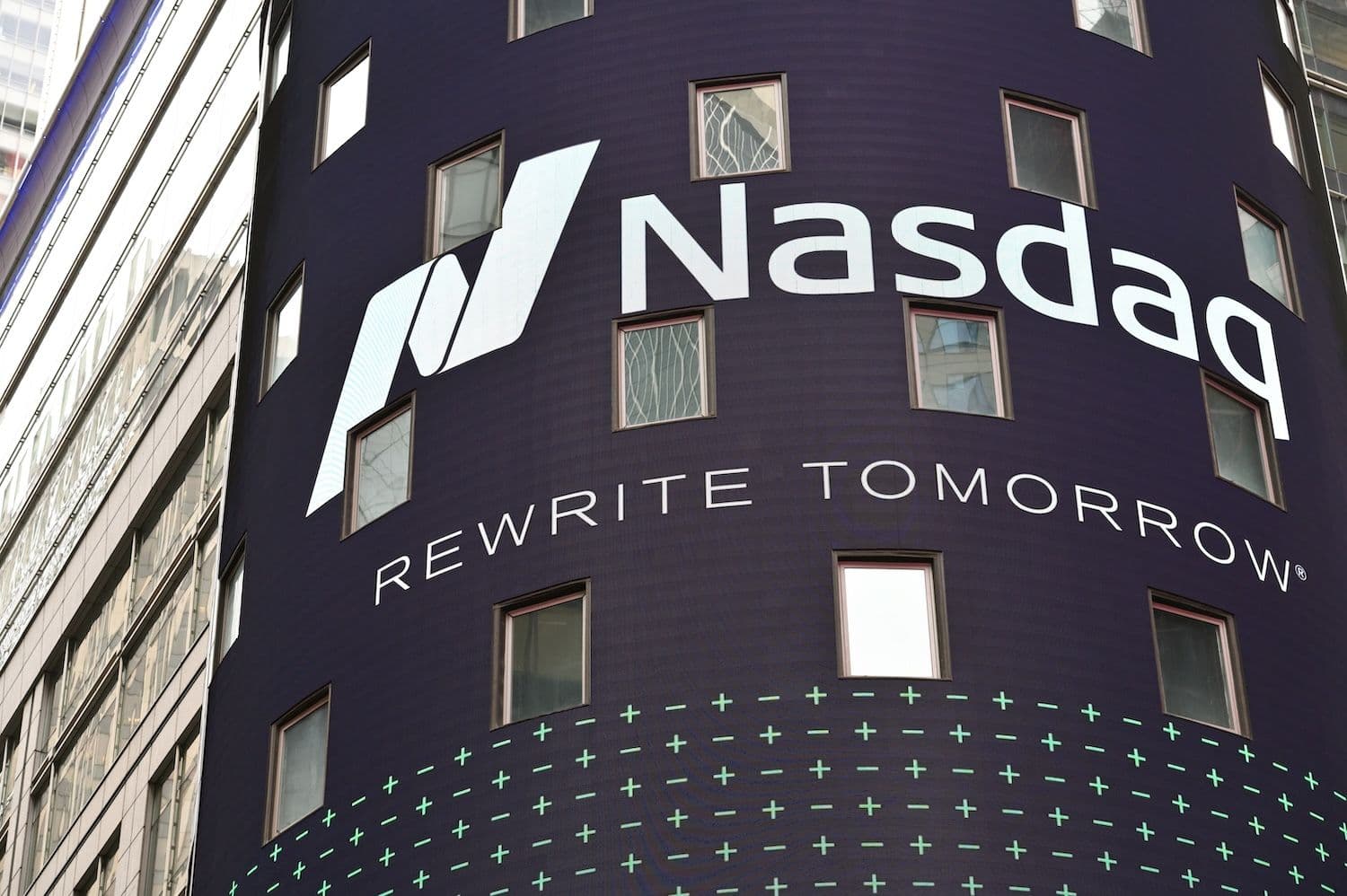Nasdaq Inc. filed a request with the Securities and Exchange Commission Monday seeking approval to trade tokenized versions of traditional stocks on its regulated exchange. The proposal represents the first significant attempt to integrate blockchain technology into America's core equity markets and could fundamentally alter how securities are defined, issued and settled.
What to Know:
- Nasdaq wants SEC approval to amend rules allowing tokenized stocks to trade alongside traditional securities under identical execution standards
- The proposal could bring blockchain technology directly into heavily regulated US equity markets for the first time
- Current tokenized securities exist as digital representations of assets but cannot trade on traditional exchanges like Nasdaq
Revolutionary Proposal Challenges Market Infrastructure
The exchange operator's filing details specific mechanisms for trading tokenized securities under existing market rules. Nasdaq proposes that tokenized shares receive identical treatment to traditional securities, including same-priority execution and clear labeling requirements for clearing and settlement processes.
The request extends beyond technical modifications. It addresses fundamental questions about stock definition and settlement procedures that could determine whether tokenization remains confined to cryptocurrency markets or becomes integrated into Wall Street's core infrastructure.
If approved, US regulated exchanges would incorporate tokenized shares into their systems. This integration would place cryptocurrency technology in direct contact with some of the world's most actively traded equities, potentially settling ongoing debates about blockchain's role in market infrastructure overhaul.
Regulatory Landscape Shifts Toward Digital Assets
Nasdaq's initiative coincides with broader movement by traditional financial institutions toward digital assets and blockchain technology. This shift responds to evolving regulatory attitudes in Washington that show increased openness to cryptocurrency innovation within US markets.
Paul Atkins, the newly appointed SEC chairman, directs the regulator to establish clear guidelines determining when digital assets qualify as securities.
SEC Commissioner Hester Peirce indicated last month that the agency eagerly anticipates collaboration with tokenization companies while emphasizing proper disclosure requirements for tokenized assets.
Currently, tokenized securities function as digital representations of traditional assets rather than direct ownership titles. These digital assets trade on blockchain networks instead of brokerage accounts and are promoted as vehicles for enhanced liquidity, fractional ownership opportunities and expanded access for international investors in US stock markets.
Technical Advantages Drive Adoption Interest
Tokenization supporters highlight blockchain technology's potential for round-the-clock trading capabilities, contrasting with traditional exchanges that close overnight and during holidays. Theoretically, tokenized funds could offer near-instantaneous settlement and eliminate legacy infrastructure intermediaries.
The blockchain concept has gained significant promotion as one of the most viable cryptocurrency applications.
Major financial institutions including BlackRock Inc., Franklin Templeton and KKR & Co. have announced tokenization efforts for portions of their funds, utilizing broker-dealers as intermediaries.
Most tokenized shares originate from third parties rather than issuers themselves on traditional exchanges like Nasdaq. This practice has created complications, illustrated when Robinhood offered OpenAI tokenized shares trading, prompting the artificial intelligence company to caution against endorsement and clarify that tokens do not represent company equity.
Market Concerns and Industry Resistance
Nasdaq's SEC filing expresses concerns about stock issuers whose securities list on exchange venues. The company stated that tokenizing securities should not deprive issuers of their ability to determine trading locations and methods, noting limitations in providing issuers choice regarding share tokenization.
JPMorgan Chase & Co. recently told clients that broad adoption of bond and traditional asset tokenization has not materialized. The banking giant observed that cryptocurrency-focused firms rather than traditional banks, brokers and publicly-traded companies drive most activity in this sector.
Trading giant Citadel Securities advocates for cautious and deliberate tokenization approaches.
The firm raised concerns about potential regulatory arbitrage if the SEC fails to establish clear guidelines for companies seeking to tokenize assets.
Understanding Key Financial Terms
Tokenized securities represent digital versions of traditional financial instruments that exist on blockchain networks rather than conventional trading platforms. These assets maintain the same underlying value and rights as their traditional counterparts while enabling different trading and settlement mechanisms.
Blockchain technology functions as a distributed ledger system that records transactions across multiple computers simultaneously. This technology underpins most cryptocurrencies and offers potential advantages including enhanced security, transparency and reduced settlement times.
Closing Thoughts
Nasdaq's proposal represents a watershed moment for blockchain integration in traditional financial markets. The SEC's decision will likely influence whether cryptocurrency technology becomes embedded in mainstream equity trading or remains relegated to specialized digital asset platforms.



